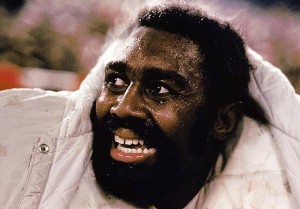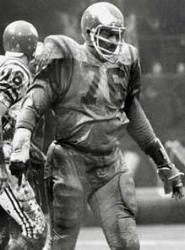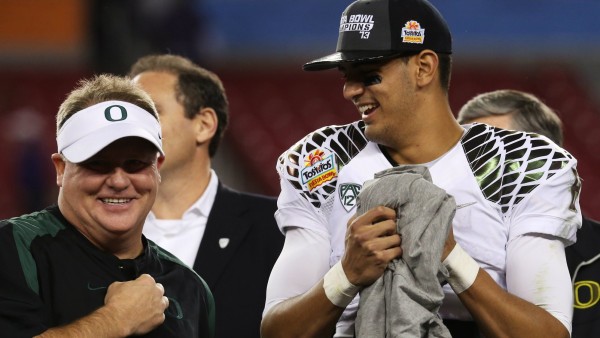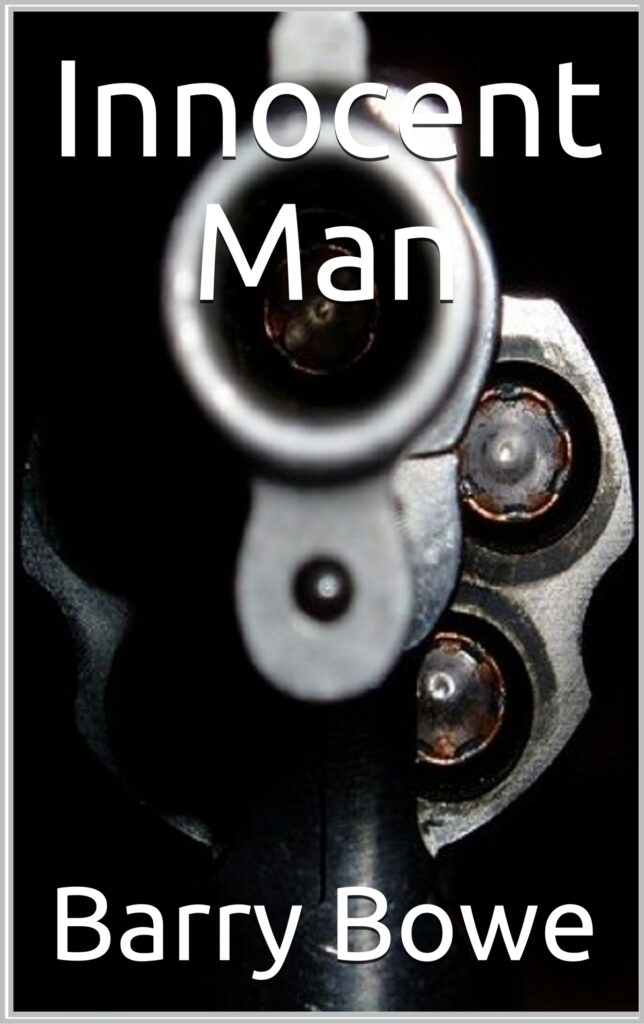 I never heard of Bob Brown before the Eagles drafted him in the first round of the 1964 NFL draft as the second overall pick.
I never heard of Bob Brown before the Eagles drafted him in the first round of the 1964 NFL draft as the second overall pick.
Bob Brown – 6-4 and 300 pounds – was an offensive guard out of Nebraska. An All-American in college, he quickly established himself in the NFL.
Thanks to the upstart American Football League, Bob Brown became the highest-paid Eagles lineman as soon as he signed his first contract.
Because the NFL and AFL had not yet merged, both leagues held separate drafts – which created bidding wars over the players coming out of college. Since the AFL’s Denver Broncos also drafted Brown in the first round – the fourth overall pick – the Eagles felt compelled to offer Brown a $100,000 signing bonus. Which he readily accepted.
A guard in college, the Eagles moved him to right tackle – where he would become the best offensive lineman in Eagles history.
 Hypothesizing in the here and now, if Bob Brown had played for the Eagles during this past 2014 season – and if I were the coach – the Eagles would not have lost to the 49ers or the Cardinals. My quarterback would’ve taken the snap from under center and handed the ball off to Chris Polk. Bob Brown would have bulldozed anyone – and everyone – who stood between Polk and the red zone – and Polk would’ve gotten the winning touchdowns.
Hypothesizing in the here and now, if Bob Brown had played for the Eagles during this past 2014 season – and if I were the coach – the Eagles would not have lost to the 49ers or the Cardinals. My quarterback would’ve taken the snap from under center and handed the ball off to Chris Polk. Bob Brown would have bulldozed anyone – and everyone – who stood between Polk and the red zone – and Polk would’ve gotten the winning touchdowns.
That was the Eagles modus operandi whenever they needed short yardage during Bob Brown’s days with the Eagles – and I don’t remember them ever coming up short.
Bob Brown was easily the best offensive lineman to ever play for the Eagles – but his stay in Philly only lasted for five years.
During the offseason between 1968 and 1969, something happened between Brown and the club – something that distressed Brown to the limit.
On Monday, May 5, 1969, Bob Brown walked into Pete Retzlaff’s office and demanded to be traded. Retzlaff was in his first year as the team’s GM after defining the position of tight end during his 11 seasons with the Birds. Prior to Retzlaff’s becoming GM in 1969, he and Brown were teammates for three seasons.
Bob Brown called his motivation to seek a trade “personal.”
“I have no intention of airing my grievances,” Brown told the beat reporters. “I want to leave without recriminations, just as quickly as possible.”
And quickly it was.
Less than two weeks later, Retzlaff traded Brown to the L.A. Rams – along with cornerback Jim Nettles – in exchange for offensive linemen Joe Carollo and Don Chuy, and returning fan-favorite Irv Cross.
Irv Cross was a bone-jarring, tight-coverage cornerback who intercepted 16 passes during his five years with the Eagles from 1961 thru 1965. After three years with the Rams, he was coming back to town for his swan song.
Joe Corollo started for two seasons, but Chuy never started a game in his ony season as an Eagle.
Bob Brown, on the other hand, made two Pro Bowls in his two seasons with the Rams. He was then traded to the Oakland Raiders, played for three more seasons, and made the Pro Bowl once as a Raider.
Bob Brown’s NFL accomplishments were many:
• Rookie of the Year
• Pro Bowl three times in his five years with the Eagles.
• First team All-Pro three times in his five years with the Eagles.
• NFL’s All-Decade Team of the 1960s.
• Inducted into both the Eagles and the Pro Football Hall of Fame in 2004.
With the clock ticking down on this year’s NFL draft, I’m going to feature some of the Eagles best and worst draft picks of days gone by.
Barry Bowe is the author of Born to Be Wild, 1964 – The Year the Phillies Blew the Pennant, and 12 Best Eagles QBs.








Comments
No Comments